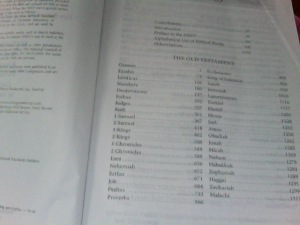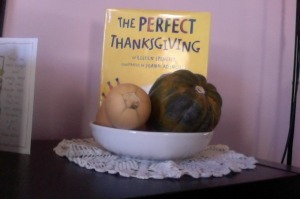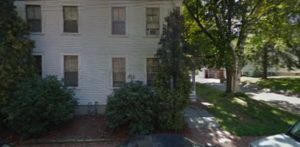My child, if sinners entice you, do not consent. If they say, “Come with us; let us lie in wait for blood; let us wantonly ambush the innocent; like Sheol let us swallow them alive and whole, like those who go down to the Pit. We shall find all kinds of costly things; we shall fill our houses with booty. Throw in your lot among us; we will all have one purse” –
My child, do not walk in their way, keep your foot from their paths; for their feet run to evil, and they hurry to shed blood. For in vain is the net baited while the bird is looking on; yet they lie in wait – to kill themselves! and set an ambush – for their own lives!
Such is the end for all who are greedy for gain; it takes away the life of its possessors.
Proverbs 1:10-19 NRSV
When you grab all you can get, that’s what happens: the more you get, the less you are. Proverbs 1:19, The Message
Years ago, I watched a biography of Michael Douglas. Most of it, I’ve forgotten, but one part stands out still. When asked about one of his most famous lines – “Greed, for lack of a better word, is good” (Gordon Gekko, Wall Street)- he said with some astonishment: “I was amazed how many people adopted that as a creed. They missed the whole point.”
Gordon Gekko the character has a Wikipedia page; he was the archetype for many a Wall Street player who contributed to the destabilization of the financial market and the disappearance of untold retirement fund millions a decade ago. Many were never prosecuted and it seems that most paid very little if any cost for the devastation they caused. They robbed others to live a life of luxury, and they got away with it…or so it seems.
The older I get, the more I am convinced that there is no such thing as “getting away with it.” There’s a spiritual and emotional cost to the damage a greedy person inflicts on others. The bill that comes due may not be a prison sentence or a revoking of civil liberties. For a short period of time, a thief may even think himself or herself fortunate for dodging consequences. But the harm we do others for material gain we don’t even need is real and it’s deadly. The Ferrari may still be in the garage, the ocean view stunning, and a continued life of luxury guaranteed. Yet, such an opulent stage won’t bring happiness, peace, or the ability to escape the spiritual cannibalism that is no less deadly for being self-inflicted.






